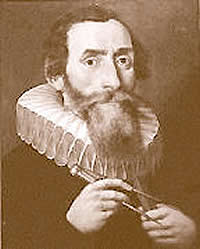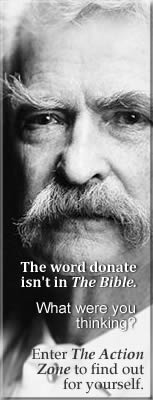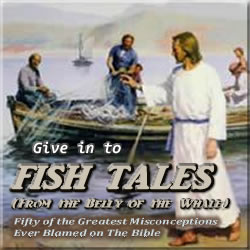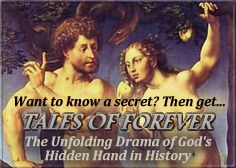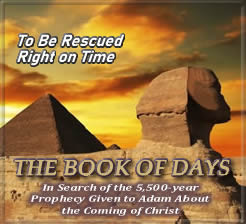Twist of Fate
Aspiring Theologian Inspires New Era in Science
Throughout the history of Western civilization, men and women from every walk of life have played a tremendous role in forging the Arts, the Sciences, and the Humanities. Many of the greatest pioneers have spent their entire lives striving to bring their unique gifts and insights to the world around them.
Yet much of what we know about these pioneers has been often left out of their biographies and lists of accomplishments. Often historians have rewritten their life stories, editing them, if ever so slightly, to suit their own ideals and attitudes.
But, if one is willing to spend enough time, digging around, comparing a variety of sources about enough similar subjects, a pattern of events will inevitably begin to appear. Ironically, what emerges is the persistent reality that some unseen hand of providence seems to be guiding even the most scientifically-minded participants.
You should all know from your history books that in the 17th century Johannes Kepler made Nicolaus Copernicus’ revolutionary system of planets more plausible by reducing it to empirical laws, expressed mathematically. From this enunciation of the laws of expressed mathematically, the modern era of astronomy was born.1
Because of Kepler’s role in undermining the power of the medieval church, his breakthrough is generally regarded as having dethroned God and the validity of His Word.
Story Continues Below
To hear Kent and Zen Garcia talk about correcting biblical misconceptions, from September 9th, 2021, CLICK BELOW.
Story Continues From Above
What you probably never figured, though, was just how shocked Kepler himself would have been. Because, until the age of 22, he had prepared for the ministry. Had his family not been so poor, he presumably would have never even gone into astronomy. His first love would always remain theology. “I wanted to become a theologian,” said Kepler in 1595.2
So, already convinced about theological matters, he set out to fulfill what he believed was his divine duty as a scientist—to display the harmony of nature that he knew must already exist.3
Shortly after that, he wrote: “Almost the whole summer was lost with this agonizing labor. Then, at last, on a rather ordinary occasion, I came very close to the truth. I believe Divine Providence intervened so that, by chance, I obtained what I could never have obtained by my own efforts. I am even convinced more than ever before, because I’m also praying constantly to God that I might succeed, if what Copernicus has said is actually true.”4
